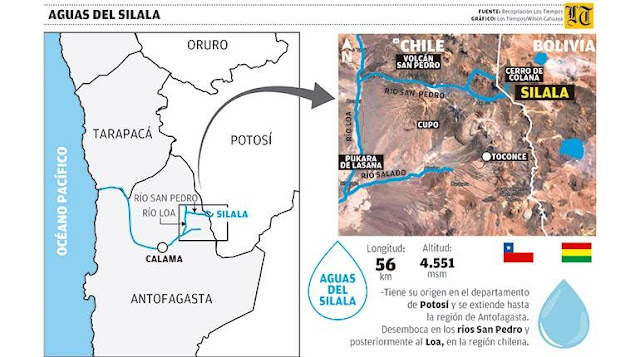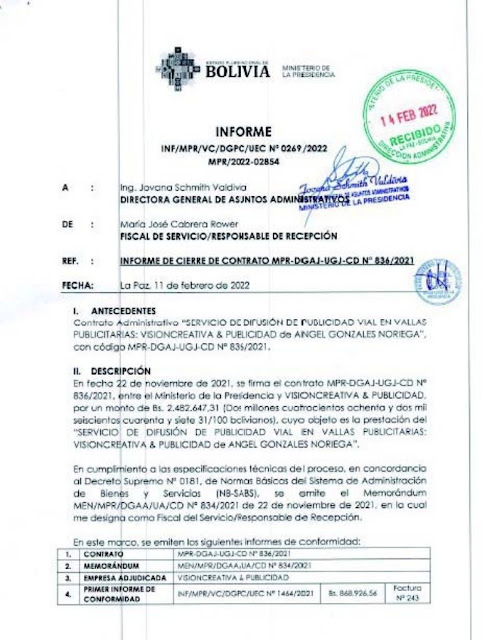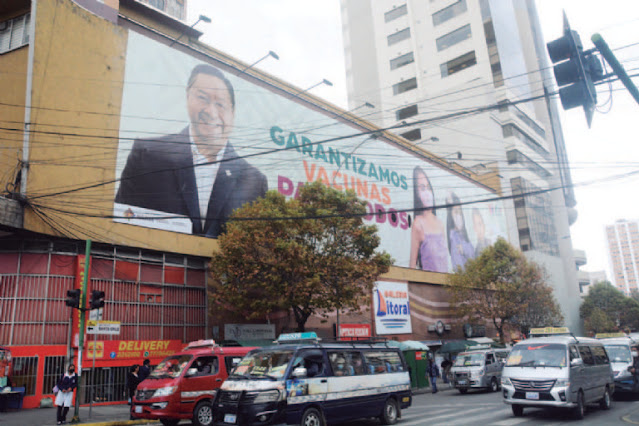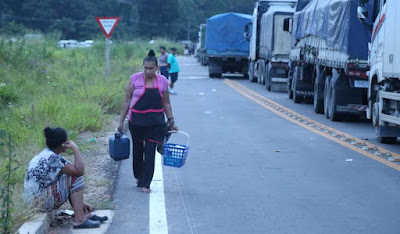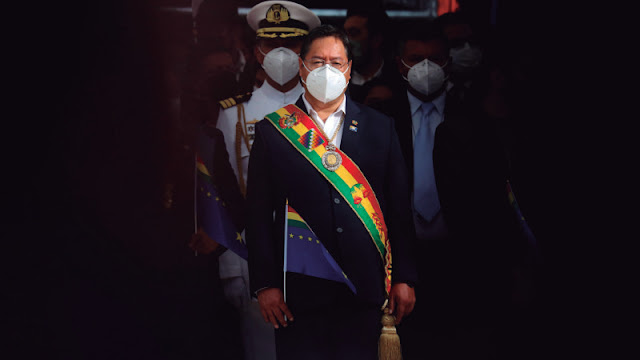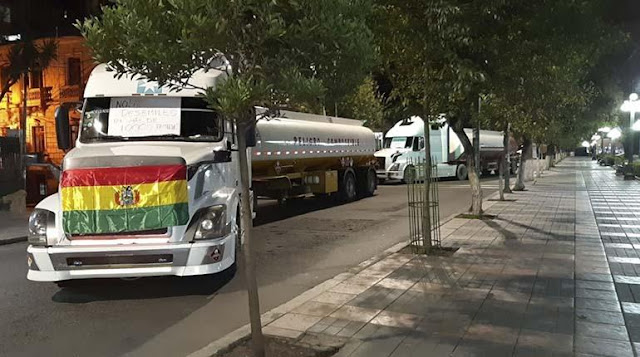Of the 66 sealed aircraft, there are planes that Dávila had released after cancelling a mega-operation in 2019. The same planes were also found with other shipments and there are also some with cloned and erased license plates. Several defendants were sent to Palmasola.
Investigations by the Special Force to Fight Drug Trafficking and the Anti-Narcotics Prosecutor's Office reveal that of the 66 aircraft sealed in the operation this past Sunday at the La Cruceña airfield, in the Cotoca area, several of them turned out to be the same ones that on July 30, 2019 also fell on that runway in a mega-operation with arrests and a shootout. In that episode everything was annulled by order of the then national chief of the Felcn, Maximiliano Dávila Pérez, now imprisoned in the San Pedro prison in the city of La Paz.
After Sunday's operation, 38 people were arrested, 40 hangars were seized and 66 aircrafts were sealed, in addition to the seizure of firearms, ammunition, equipment, satellite phones, vehicles and others.
The Controlled Substances Prosecutor's Office, headed by prosecutors Freddy Guzmán and Carlos Candia, charged the 38 detainees with trafficking, conspiracy, criminal association and possession and carrying of firearms.
The Prosecutor's Office concludes by requesting imprisonment for all of them and specifies that some of the detainees have even been charged for oral trial for drug trafficking. In its main part, it specifies that three airplanes have a history of drug trafficking.
The released narco aircrafts
In a cautionary hearing, in the Felcn hall, in front of the 38 apprehended, the Prosecutor's Office informed Judge Estrella Montaño, the background of these aircrafts. The vessels in question are CP-2535, CP-2906 and CP-3084. The prosecutors assure that these ships were located in hangars 8 and 11, and that according to investigations by Felcn reports they were already found with drugs.
CP-2535 was caught with drugs on a runway in Montero, and also fell with cocaine during an operation in Santa Ana de Yacuma-Beni.
The same happens with CP-2906, which is registered in two cases of cocaine cargo transport in Santa Cruz. The vessel CP-3084 also appears to have been intercepted on two occasions loaded with cocaine in Santa Cruz.
The investigations point out that these ships, curiously register in the Felcn report of the case SC-X-611/19, which corresponds to July 30, 2019, diligence that was annulled, with the change of reports and statements by order of Maximiliano Dávila Pérez.
Cloned and erased license plates
The Prosecutor's Office argued before Judge Estrella Montaño that at the La Cruceña airfield, which should comply with the rules of lawful operations, flagrant crimes were being committed all the time.
Airplanes with cloned and erased license plates were detected and thus operated in drug trafficking activities.
In front of the judge, the prosecutors, with the help of reports made by Felcn agents, detailed that some of the detainees already had previous records, as they were arrested in previous mega-operations carried out at the airfield.
For example, Glober Soleto Guzmán and Luis Mauricio Lora Aguilera, the first one accused for oral trial for the crime of trafficking, was on Sunday at the airfield where he was arrested. Luis Mauricio Lora Aguilera, is listed as detained in another operation at the aerodrome on November 21, 2019.
According to the Prosecutor's Office and the Felcn, most of the 38 arrested this Sunday at the aerodrome, also fell in the mega-operations of July 30, 2019 and November 21, 2019.
Almost 5,000 liters of gasoline
During Sunday's action Felcn and the Prosecutor's Office seized 4,870 liters of aviation gasoline in drums. According to the prosecutor's analysis, the fuel was manipulated to supply planes for flights to clandestine airstrips transporting quantities of drugs, as well as precursors, food, and implements for crystallization laboratories.
Early this morning during the hearing, Judge Estrella Montaño ordered the detention in Palmasola of several of the 38 people, among them Glober Soleto Guzmán and Luis Mauricio Lora Aguilera, the first one already accused for oral trial for trafficking, but who was at liberty. All of them remained silent before the Prosecutor's Office and the judge. For the Prosecutor's Office, the evidence presented was overwhelming.

